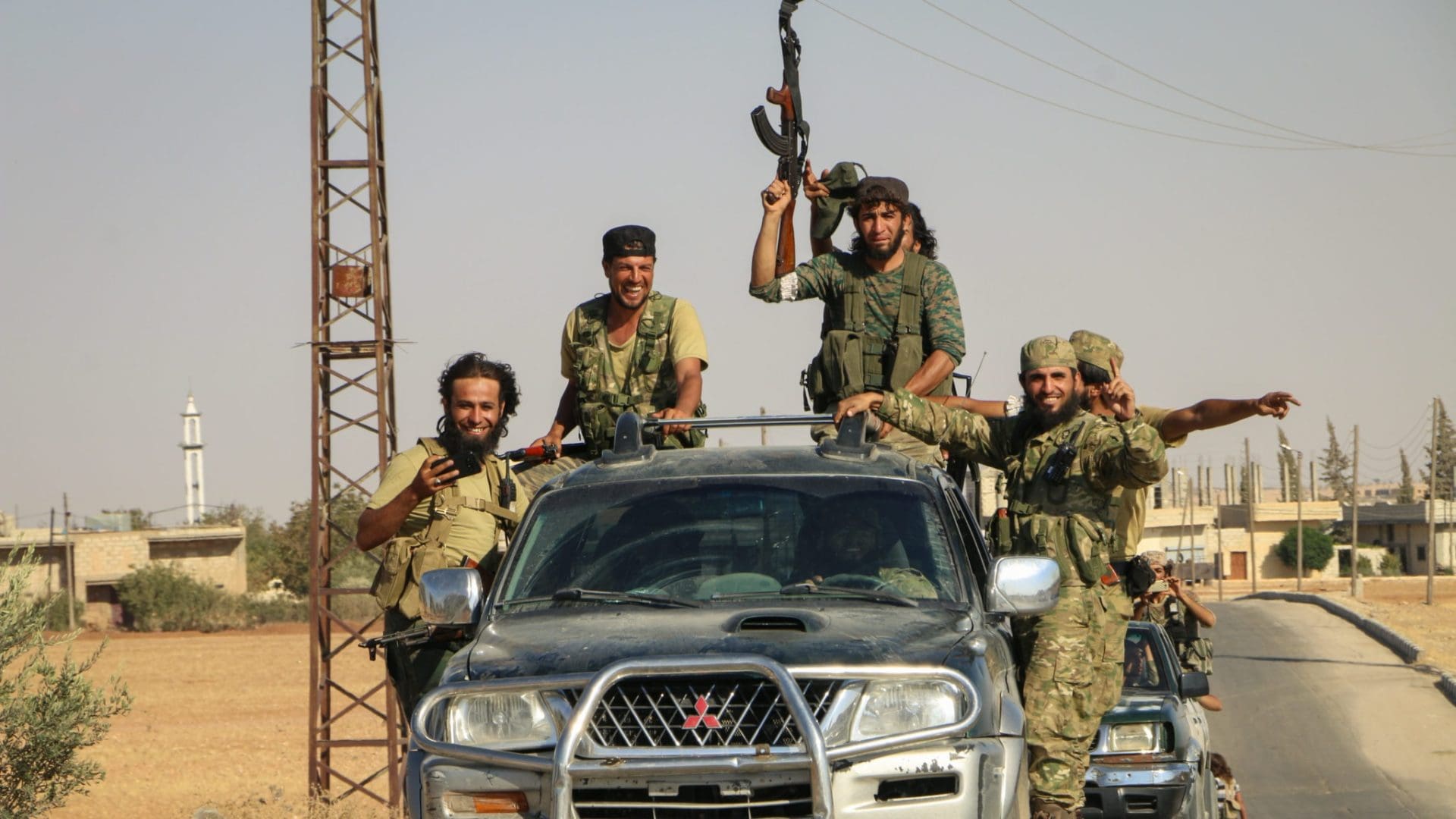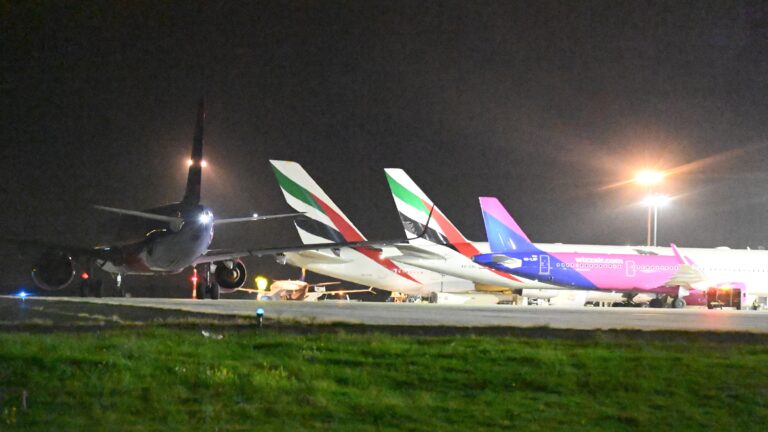Al-Qaeda and ISIS have mostly faded from mainstream Western media reports in recent years. Terrorist attacks claimed by the organizations in the West have been on the decline, with ISIS forced out Syria and Al-Qaeda’s operational capabilities having dwindled since the killing of Osama bin Laden in 2011. Despite this, the jihadist movement is far from defeated.
Resilience
According to a United Nations report published on 19 July, ISIS is far from defeated in its heartland. There is a continued attested presence of ISIS fighters in Syria and Iraq. Their total strength is estimated to be between 6 and 10 thousand fighters, which was further increased by a prison break earlier this year in north-eastern Syria, where over 3000 thousand ISIS fighters were held. ISIS fighters and US-allied Kurdish forces engaged in a 10-day battle in the area, during which 100 to 300 incarcerated fighters escaped from the prison, according to the report.
There is a continued attested presence of ISIS fighters in Syria and Iraq
In light of their resilience, the US continues special operation campaigns and airstrikes against ISIS chiefs. In February, Abu Ibrahim al-Hashimi al-Qurayshi, the group’s leader, died in an operation carried out by the US, while on 12 July a US airstrike killed another leading ISIS figure according to the US Central Command.
Not the Solution
Unfortunately, these military operations will in all likelihood not achieve the desired outcome of suppressing the terrorist organization for good. Thousands of former ISIS fighters and tens of thousands of displaced children and women remain unrepatriated in unprotected camps and prisons in Syria, supplying an entirely new generation of ISIS recruits.
Unsurprisingly, few countries will take back their nationals who live in these camps, as they fear they would be importing an ‘ISIS problem’. Of the tens of thousands of regular refugees and ex-fighters, Iraq has taken back only three thousand in recent years.
Perhaps a better course of action could be for those countries that have their nationals in these prisons and camps in Syria to take their ISIS fighters and prosecute them. As for the children and women in the camps, they should be reintegrated into their societies and entered in deradicalization programs if necessary.
Far From Defeated
‘ISIS remains a threat to countries where it continues to have a presence, which is about 30 countries worldwide. It is still a threat to the region, Iraq, Syria, and neighbours. And it is still a threat to the United States and our allies and partners,’ stressed Joshua Geltzer, US deputy homeland security adviser at a conference at the Middle East Institute in Washington.
Risk of Radicalization
More than 10 thousand ISIS fighters and 60 thousand children and women are being held by the Syrian Democratic Forces and Kurdish allies in Syria. According to UN estimates, 50 per cent of those in the camps are under the age of 12 and are ‘at risk of radicalization’ by ISIS ideology.
Due to the slow rate of repatriation, it may take decades for the ISIS fighters and the tens of thousands of children and women to return to their countries. By that time, however, even the youngest of them will be adults and will have spent almost their entire lives living in camps and prisons, spouting ISIS indoctrination.
Complications
Turkey in recent weeks announced that it plans to send its military into north-eastern Syria to annex territory controlled by the US-allied Kurdish groups fighting ISIS, as Turkey considers the Kurdish to be terrorists.
The US opposes Turkish operations in Syria, as it would put US forces at risk, introduce more violence into the country and end the ceasefire that has been in place for years, with violence is at its lowest since the beginning of the conflict.
Afghanistan
The Taliban-al-Qaeda alliance has further strengthened
Also concerning is the Taliban’s return to power in Afghanistan almost a year ago, following President Joe Biden’s rather irresponsible decision to pull out all US troops from the country. With the US forces gone, the jihadist movement has acquired a much greater room for manoeuvre according to the UN report. As a result of the poorly executed pull-out, the Taliban-al-Qaeda alliance has further strengthened.
Although the UN has assessed that al-Qaeda does not pose an ‘immediate international threat from its safe haven in Afghanistan,’ both terrorist organizations have acquired ‘night vision equipment, thermal imagers, and steel-penetrating bullets,’ left behind by the US troops.
Not only does al-Qaeda now have key allies within the Taliban, but the Afghan branches of ISIS are also growing stronger by the minute.
The global jihadist movement, whether in Afghanistan, Iraq or Syria, and whether acting as al-Qaeda or ISIS, is strengthening. These groups will continue to take advantage of regional instability in the Muslim world, where they will remain a threat to the governments and populations of Muslim majority countries –and the West–in the foreseeable future.






